250-32160 South Fraser Way
Abbotsford, B.C., V2T 1W5 Canada
Abbotsford, B.C., V2T 1W5 Canada
Stay In Touch
Join our email list and we’ll keep you
posted on the latest BC Egg news
In Canada, there are five types of eggs that correspond to the five housing types for hens: conventional caged, enriched, free run, free range, and organic. There’s no nutritional difference between these eggs, the distinctions are solely in how the hens are housed.
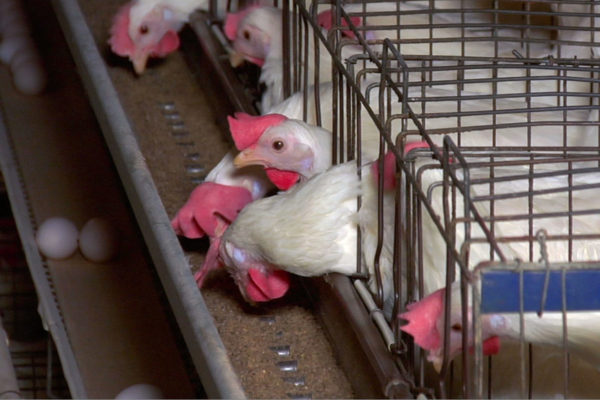
Conventional caged eggs are the most inexpensive eggs on your grocery store shelves. This type of housing is being phased out and is being replaced with enriched housing. Hens raised in conventional cages are still inspected and raised according to strict standards to ensure the cages are kept clean and that the hens have unlimited access to clean water and food. This system also allows for the hens’ health to be easily monitored and is a very efficient use of space.
Enriched housing is the new standard for your least expensive grocery store eggs. It offers significantly more space per bird and is equipped with amenities like nest boxes, perches and scratch pads so that the hens can express their natural behaviours. It has been developed in consultation with veterinarians and animal welfare specialists to ensure the health and wellness of the birds.
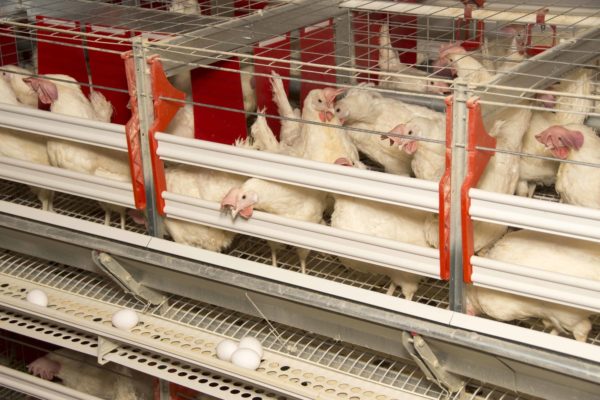
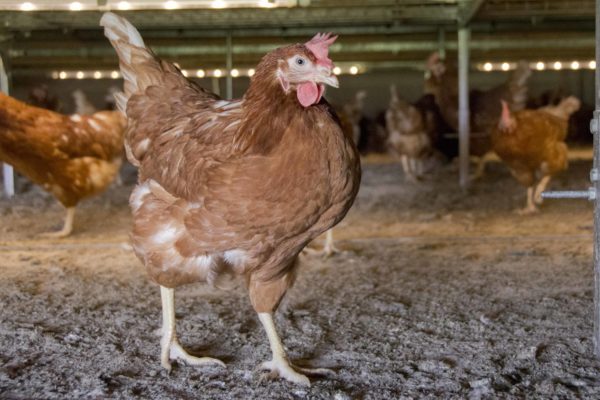
Free-run eggs are produced in an environment where the hens have the run of the barn. Hens can perch, scratch and roam freely throughout the barn. They’re also provided with nest areas where they lay their eggs. In addition, some barns are equipped with a multi-tiered aviary system with perches, food and water at different heights throughout the barn. The number of hens in these barns is regulated to ensure they are not over crowded.
Free-range eggs come from barns that are similar to free run barns but also give hens access to the outdoors. There are standards in place to ensure the hens have access to the outdoors at least 120 days a year (minimum of six hours per day).
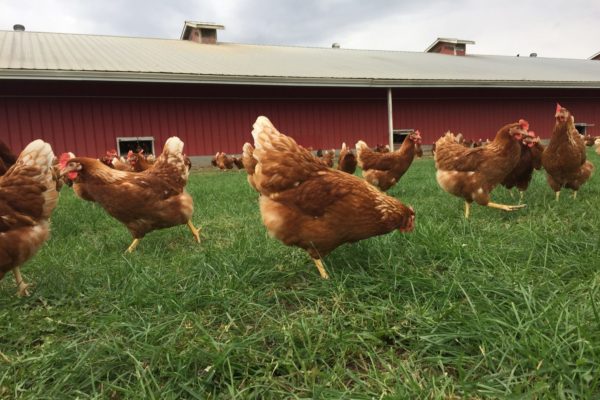
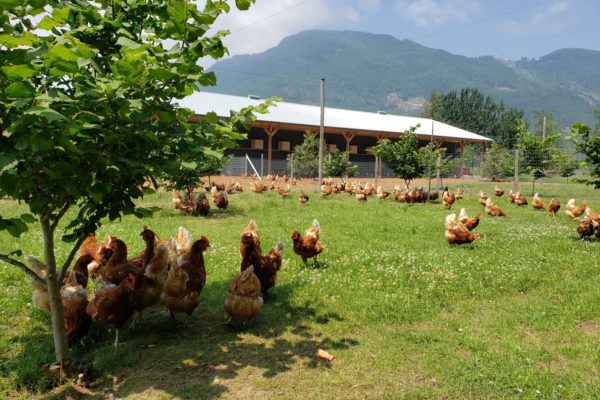
Organic eggs are produced in barns that are similar to free-range barns. Hens are allocated still more space as compared to free-range barns, are fed only certified organic feed, and are never given antibiotics. Organic producers are also given an extra layer of oversight, as their organic certification is administered by a third-party auditor.
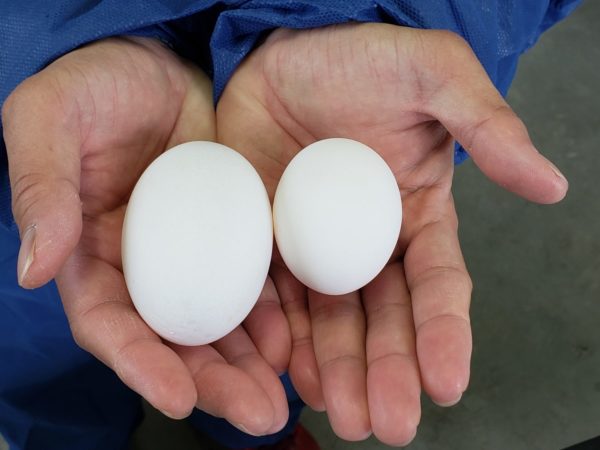
Egg size is determined by weight and each size indicates a weight range. Small eggs are eggs between 42 and 48 grams, medium eggs weigh 49 to 55 grams, large eggs are 56 to 62 grams, and extra large eggs are 63 to 69 grams. Jumbo eggs include all eggs 70 grams or more in weight while peewee eggs are those eggs weighing less than 42 grams.
The best before date is printed on the carton when the eggs are graded and packed, usually just a few days after they’ve been collected from the farm. It indicates how long the eggs can be kept, provided they’re properly refrigerated, and maintain their “Grade A” quality.
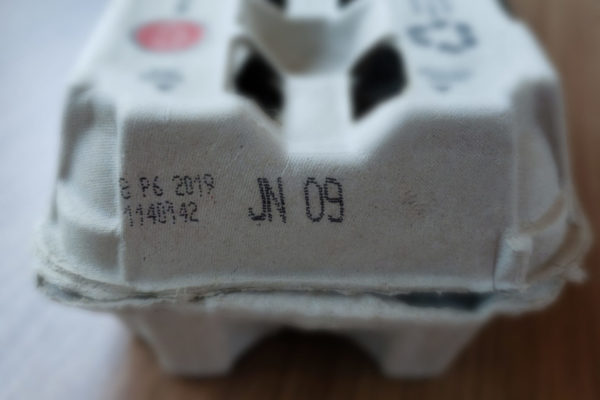
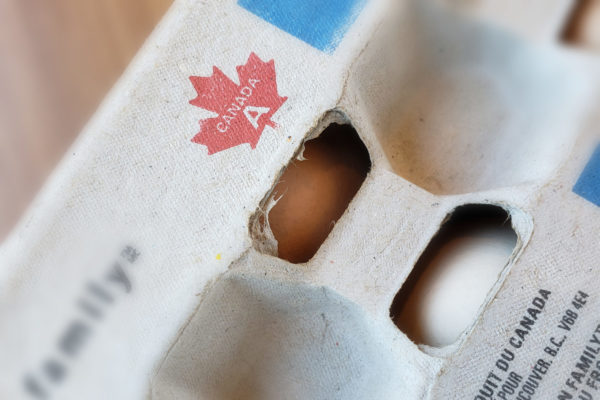
The Canada Grade A symbol should be found on every carton of retail eggs. It indicates that the eggs have been graded at a Canadian Food Inspection Agency certified Canadian grading facility and meet the standards for Grade A quality. You can check out the CFIA website for the full criteria for “Grade A” eggs, but it includes checking the quality of the shell, the consistency of the egg white, the size of the air cell in the egg, the overall cleanliness of the eggs, and the shape and placement of the yolk.
Buying Canadian is something that most of us strive to do — especially when it comes to our groceries. Most of the eggs you see on your grocery store shelf are indeed Canadian; however, just because it says “Canada Grade A” doesn’t necessarily mean the eggs were laid in Canada, on Canadian egg farms. The “Canada Grade A” designation is granted if the eggs are graded in a licensed, Canadian grading facility and meet the “Grade A” standards, but they don’t have to be Canadian eggs. However, they DO have to be clearly labeled as “Product of” their country of origin.
For example, eggs imported from the US, but graded in Canada can be labeled as “Canada Grade A”, but must ALSO be clearly labeled “Product of the USA.” For more information, you can visit the Canadian Food Inspection Agency website.
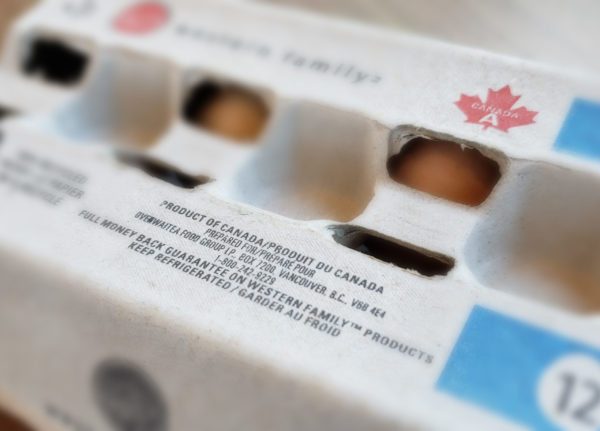
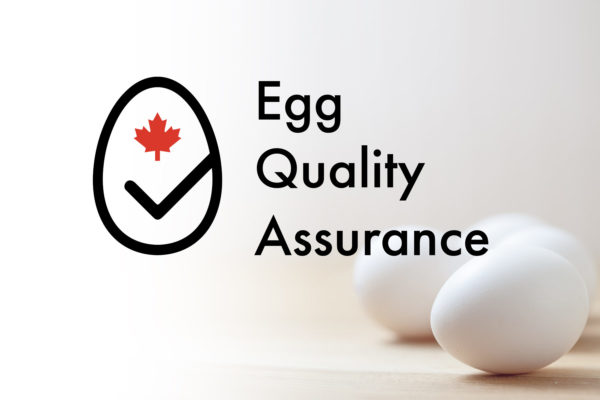
EQA™, the Egg Quality Assurance™ program, is a national certification program that adds a new mark to the eggs you know and love, a symbol of the remarkable quality of made-in-Canada eggs. This initiative certifies Canadian eggs are produced according to strict food safety and animal welfare standards, which includes on-farm inspections and third-party audits. For Canadians, it’s an instantly recognizable sign that their eggs are made-in-Canada and are of the highest quality.
EQA™ is the culmination of decades building world-class standards for food safety and animal care in the Canadian egg industry. The standards have evolved over time, building on the work of generations of egg farmers, scientists, animal welfare experts and more.
For more information on the EQA™ program, please visit the Egg Quality Assurance website.